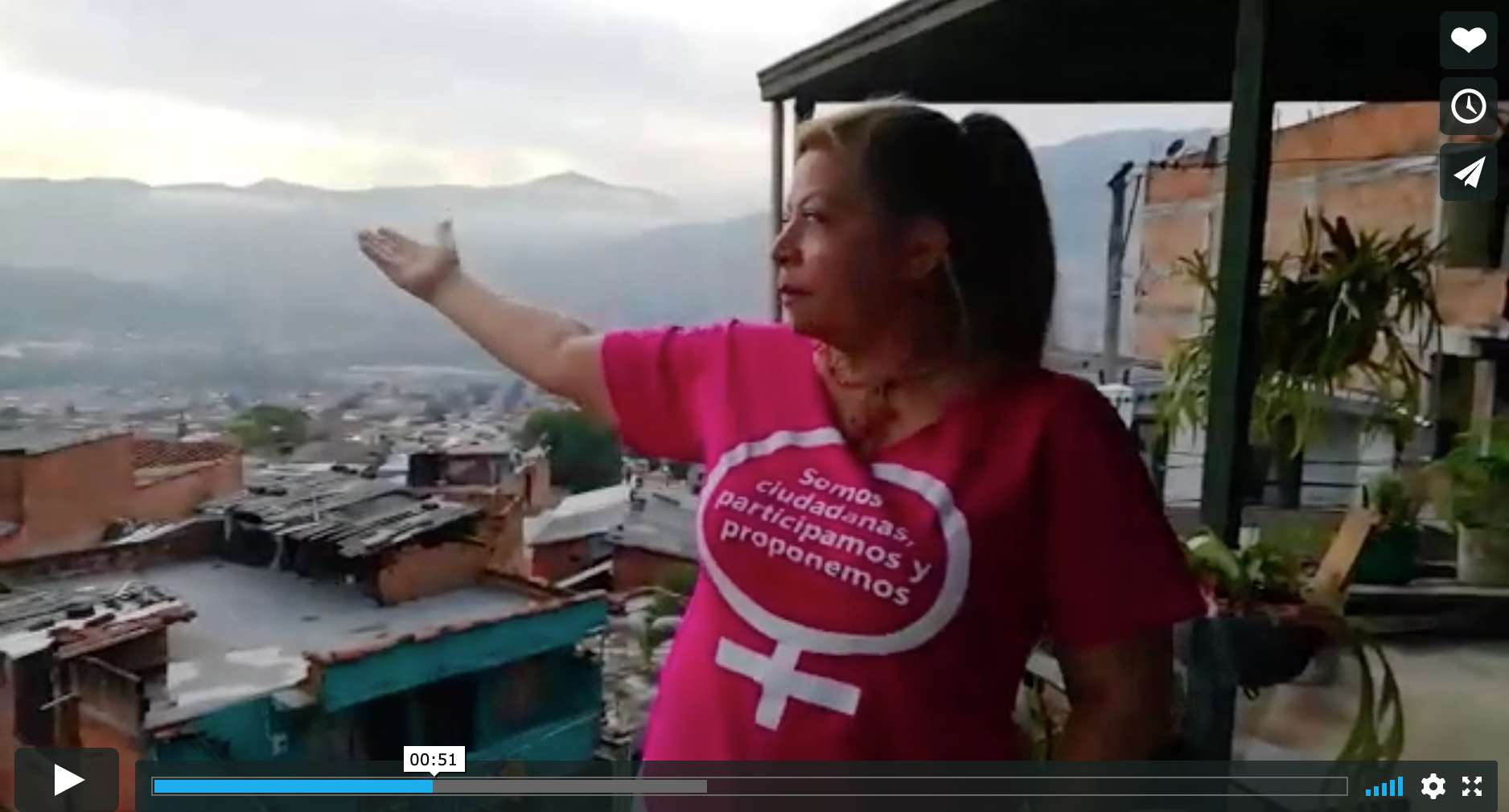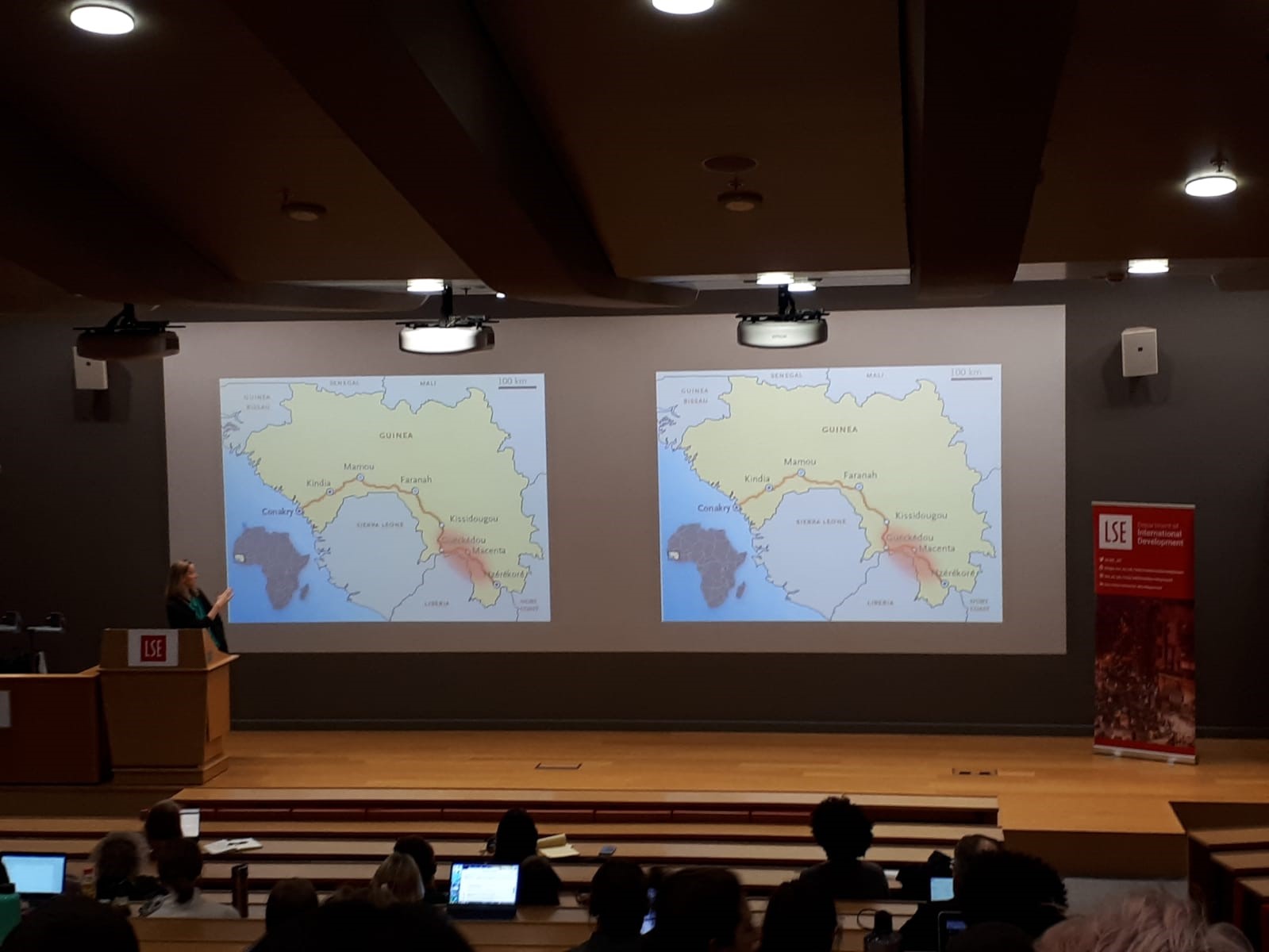Last weekend, a group of International Development & Humanitarian Emergencies and the Health & International Development students embarked on the Cumberland Lodge trip, organised and accompanied by Professor Stuart Gordon and Professor Ernestina Coast. Jamie Holton shares her experience.
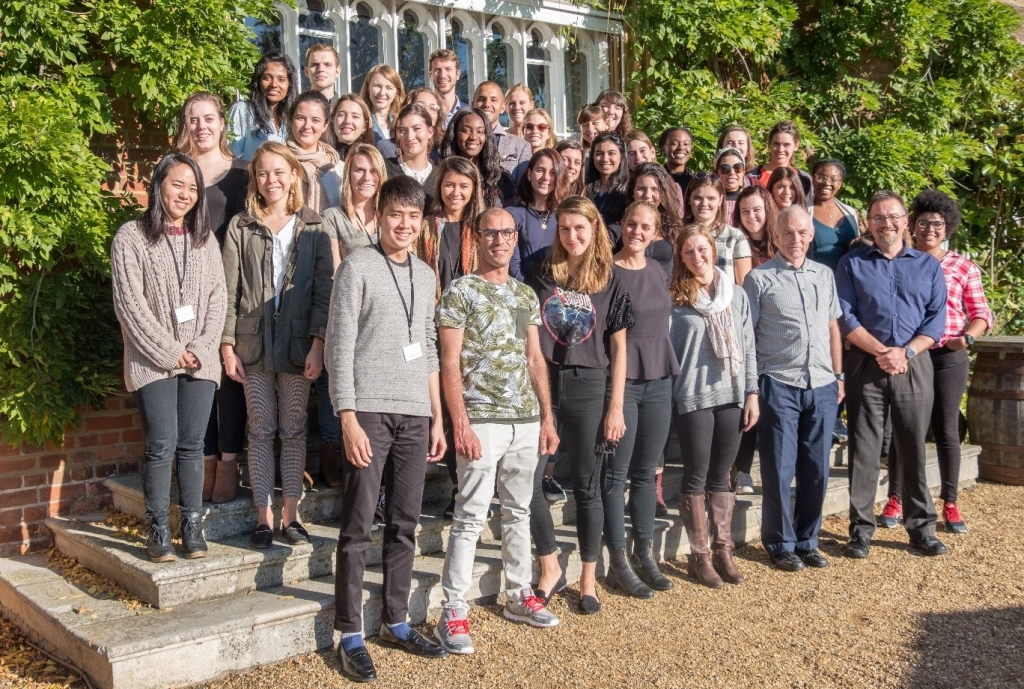
The party – and some pre-party naps – started in the bus ride from LSE to Windsor Great Park. From the moment we arrived, we could tell that the lodge was a former Royal residence. Nowadays, the lodge hosts many conferences and study trips on various topics. Our theme of the weekend: the Ebola crisis in West Africa.
After our dinner in the beautiful dining hall, our first lecture was held by Emma Ross (Senior Fellow, Chatham House Global Health Security Programme). She discussed Sierra Leone’s Response to the Ebola Outbreak, and how crucial the British response was in Sierra Leone. She highlighted that tensions between personalities hindered an effective joint response. This was a great lesson: even if us future humanitarians share the same humanitarian objective, if we don’t get along, we will struggle to achieve it.
Thankfully, our group got along very well. After the lecture, we moved over to the bar for some drinks, chats, and Cards Against Humanity, because what better way to bond than over politically incorrect jokes?
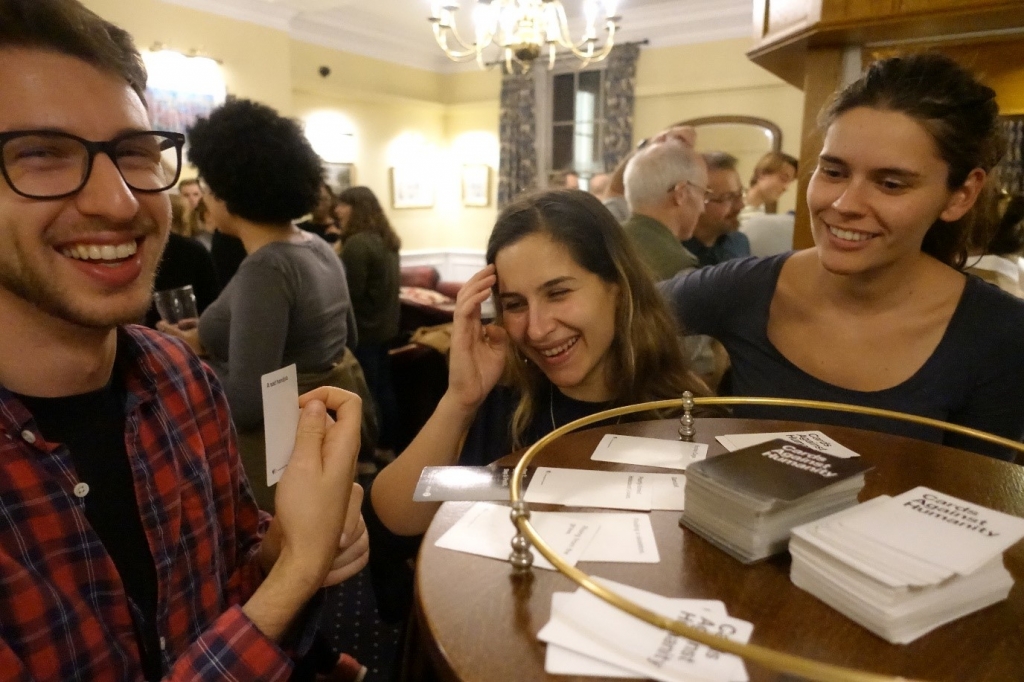
The second day was filled with many great sessions and activities. After a full English breakfast – student hall canteens, eat your heart out – we listened to Claire Wenham (LSE), who explained that the Ebola outbreak in Africa was exceptional. Ebola is an easy disease to control, so the outbreak highlighted fundamental flaws in global disease governance. Most importantly, different players blamed each other for their shortcomings, but there was no collective sense of responsibility. The session after that by Marleen Vellekoop (Options Consultancy Services) focused on an NGO approach to Ebola, and how her team strengthened laboratories and negotiated with other actors on the ground. She pointed out that outbreaks in viral diseases can disrupt routine health services and cause many secondary deaths. So health systems need to be resilient enough to provide BOTH emergency and everyday services.
After lunch, we explored nature. Professor Stuart Gordon guided a ‘Deer Stalking for Vegetarians and Photographers’ expedition, which was as fantastic as it sounds. We felt like we were in an English safari park, creeping up behind the red deer, which made calls I can only describe as a mixture of a cow mooing and a door creaking. While people mostly made bad deer-related puns – which are especially deer to me – some people also took beautiful pictures, like this one taken by Malika Giles.
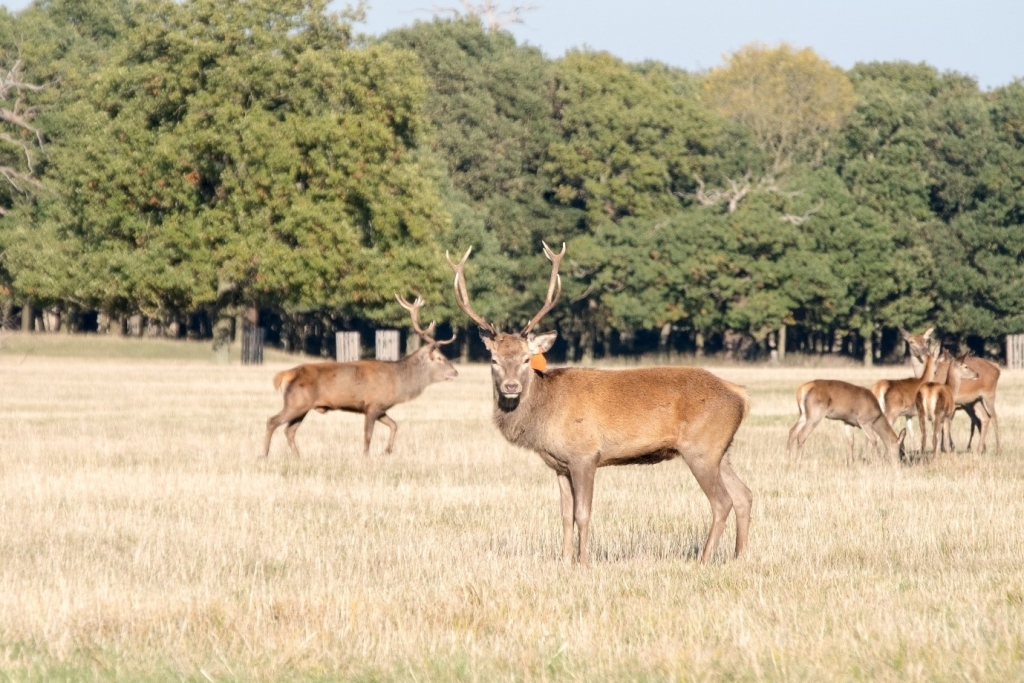
Back in session, we listened to Louis Lillywhite (Former Surgeon General, Chatham House), who highlighted that all organizations are political and different players’ interests may compete. This is especially evident with states, that tend to sign international treaties like the International Health Regulations, but generally do not comply. Understanding and trying to reconcile various interests was also key in our simulation exercise on day 3, but I am getting ahead of myself!
I would not DARE skip over the evening’s greatest activity, designed by Pax Santos, the pub quiz. You would think that putting 40 highly competitive LSE students in a room for 3 rounds of trivia questions is a recipe for disaster. But you would forget that Pax is the best Canadian quiz mistress to have ever stepped foot in Cumberland Lodge – and that we had alcohol. It was a great success, and I would hereby like to thank my team again for guessing my humming rendition of Toto’s Africa: it gave us the three points we so desperately needed to secure fourth place.
Last but not least, day 3! Me and my friends loved the quiet mornings at Cumberland Lodge so much, that we decided to borrow some of reception’s tennis rackets and play until the morning mist had evaporated. It’s nature you won’t quite experience back in bustling London.

The rest of the day revolved around the simulation exercise, where we were given a context of several make-believe countries, including one that was rumoured to have a viral disease outbreak. During each phase of the exercise, we were given new pieces of information, and we had to identify everyone’s concerns and how we could address the situation effectively. It was a great role-play – and it also showed us who, if given the chance, could be an aggressive military commander going against its own government’s will – I am talking about YOU, Katie Schneider.
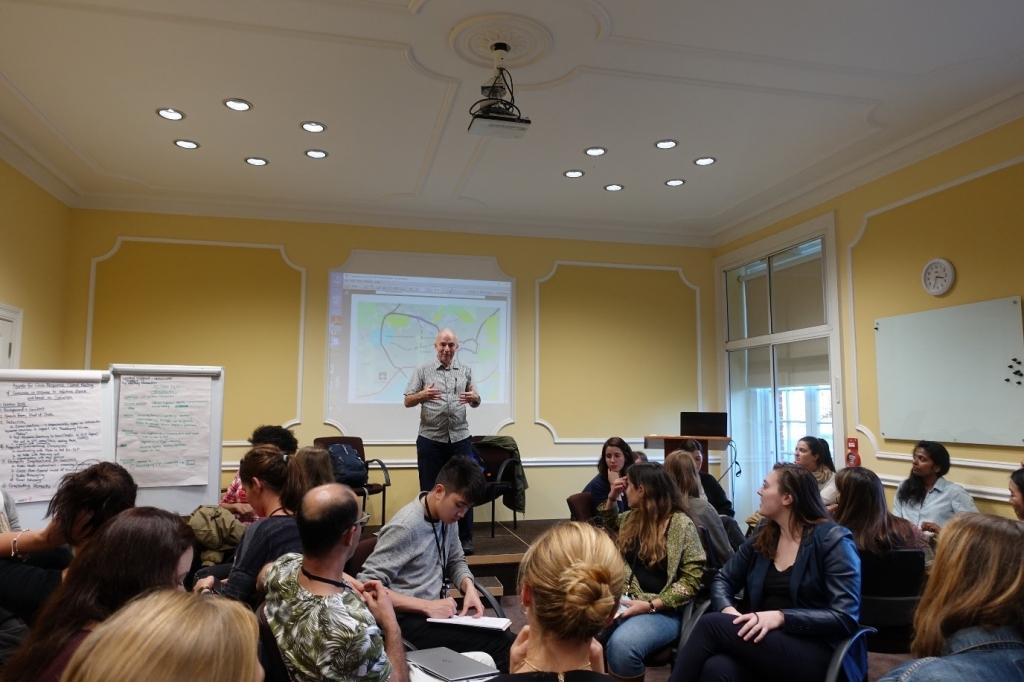
The weekend had one more gem in store. Some students visited the Cumberland Chapel on Sunday between the simulation exercise phases and – I kid you not – MET THE QUEEN. She is a regular visitor there and since the priest welcomed the LSE students, she said hi to them after the service. They weren’t allowed to take any cameras or phones with them into the chapel, but I am sure they will always remember the day they met the Queen. As for me? I will remember it as the day I regretted being an atheist that felt too cool to go to church.
After afternoon tea, it was time to leave. This trip was an incredible break from London life, and we sadly had to get back to reality. As soon as we entered the bus, people went back into LSE mode: doing readings OR sleeping to get energy to do more readings. If you are a student considering whether you want to go on the Cumberland Lodge trip, I hope my story helps to convince you to go! You may even meet the Queen.

Jamie Holton is an MSc International Development & Humanitarian Emergencies student in the Department of International Development at LSE.
The views expressed in this post are those of the author and in no way reflect those of the International Development LSE blog or the London School of Economics and Political Science.


